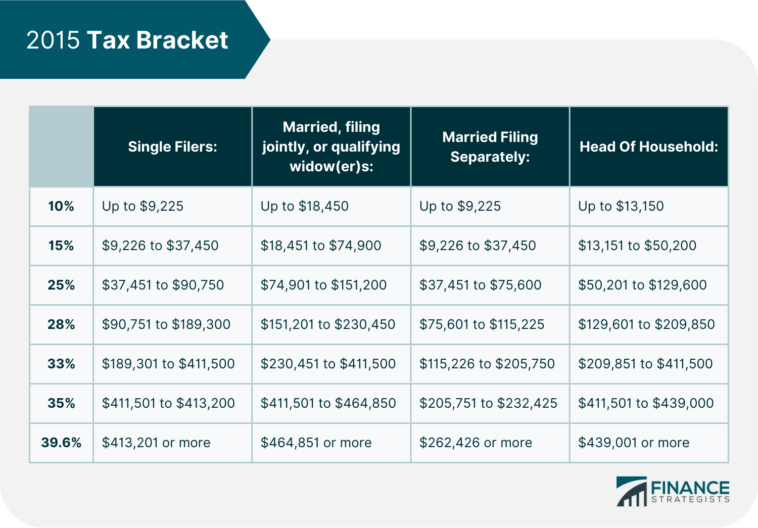
The Supreme Court Takes Up the Case of a Washington Couple’s Tax Bill
A Test for Never-Enacted Tax on Wealth
The United States Supreme Court is set to hear arguments today regarding a case over a Washington couple’s $15,000 tax bill. The case is being seen as a test for a never-enacted tax on wealth. Charles and Kathleen Moore of Redmond, Washington, will argue before the court that the tax violates the 16th Amendment, which allows the federal government to impose income tax on Americans. This case is significant as it can potentially strike down a provision of the 2017 tax bill, which is projected to bring in $340 billion. Moreover, it can further rule out a wealth tax that is favored by some Democrats to ensure that the wealthiest Americans pay their fair share of taxes.
A Significant Amount at Stake
The couple paid $15,000 in taxes based on Charles Moore’s investment in an Indian company, KisanKraft Machine Tools Private Limited. According to the law, companies owned by Americans, but undertaking business in foreign countries, are subject to a one-time tax on investors’ shares of profits not passed along to them to offset other tax benefits. If Charles and Kathleen Moore win the case, not only will it rule out the provision that made them pay $15,000, but it can also strike down the associated provisions relating to the tax code. It can open the door for further questions on the constitutionality of some existing tax laws, such as the imposition of income tax on Americans or American-owned businesses operating in foreign countries.
Conservative Groups and Business Backing
An apparent paradox is that conservative political groups, including the Chamber of Commerce, are backing the couple against the tax code. Some believe that these groups are in favor of ‘broadening the constitutional rules’ related to tax laws, making them simpler and more consistent across the board. This can be seen as a tactical ploy to simplify the system rather than to abolish it. If the current tax code is invalidated in the light of a favorable judgment for the Moores, a momentum for a possible overhaul of the existing laws could start building, with more business groups lending their support to the idea.
Democrats Concerned about the Outcome
The Democrats have raised ethical concerns and expressed apprehensions that the court’s decision may stymie their plans to reform the tax laws. The situation is particularly delicate given that the challenge to the tax bill was initiated amidst political unrest caused by President Trump’s high-profile tax reform in 2017. Democrats argue that if the Moores win, the Billionaires Income Tax planned by Senator Ron Wyden could be doomed, along with other anti-wealth-tax policy measures.
Alito’s Recusal Rejected
Senate Democrats had previously called upon Justice Samuel Alito to recuse himself from the case, implying that his interaction with the lawyer who is representing the Moores left doubts about his ability to judge the case fairly. Alito had sat for a four-hour interview with David Rivkin, which led to concerns of potential bias towards the couple. However, the Justice rejected demands, stating that there was no valid reason for his recusal from the case.
Originally Post From https://news.yahoo.com/supreme-court-taking-case-could-050339896.html
Read more about this topic at
8 Steps to Appeal Your Property Tax Bill
Property taxes too high? Here’s how to appeal them and …


